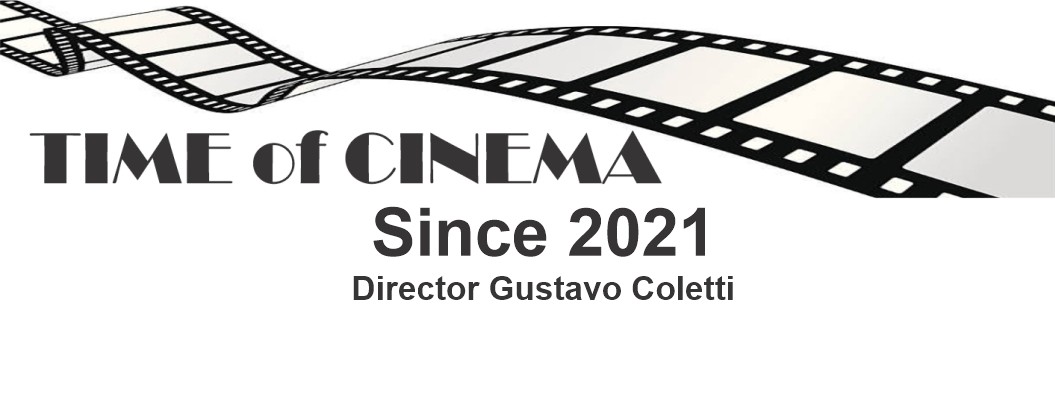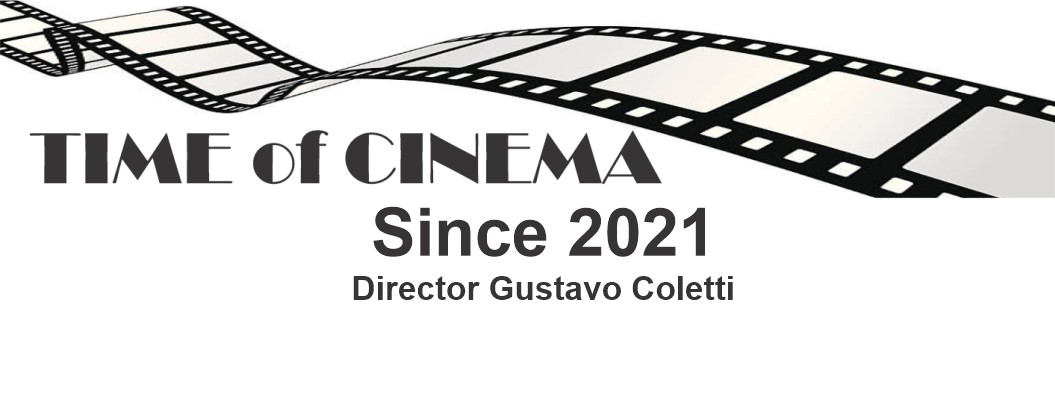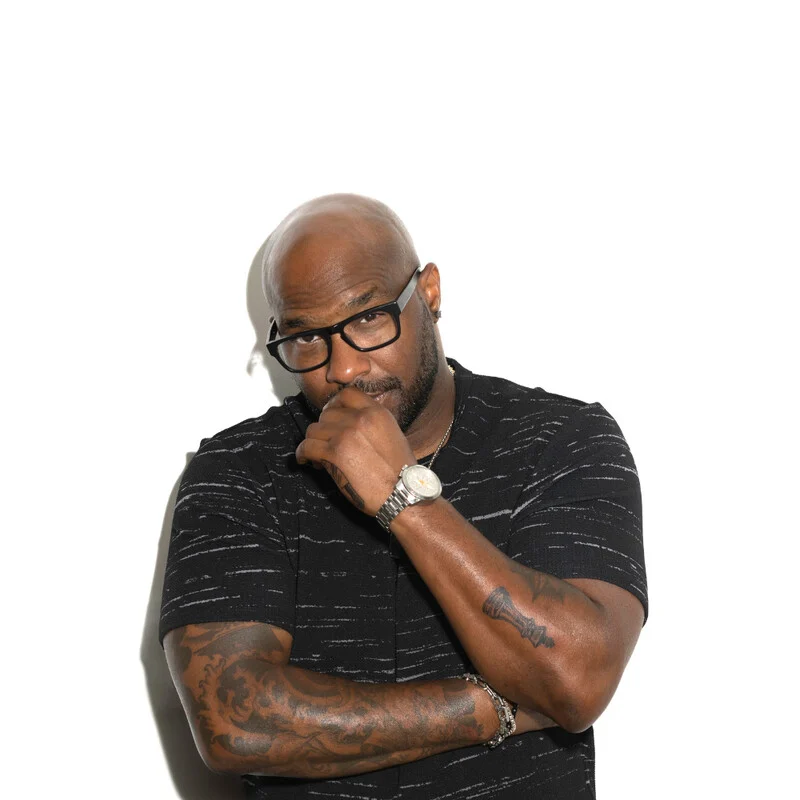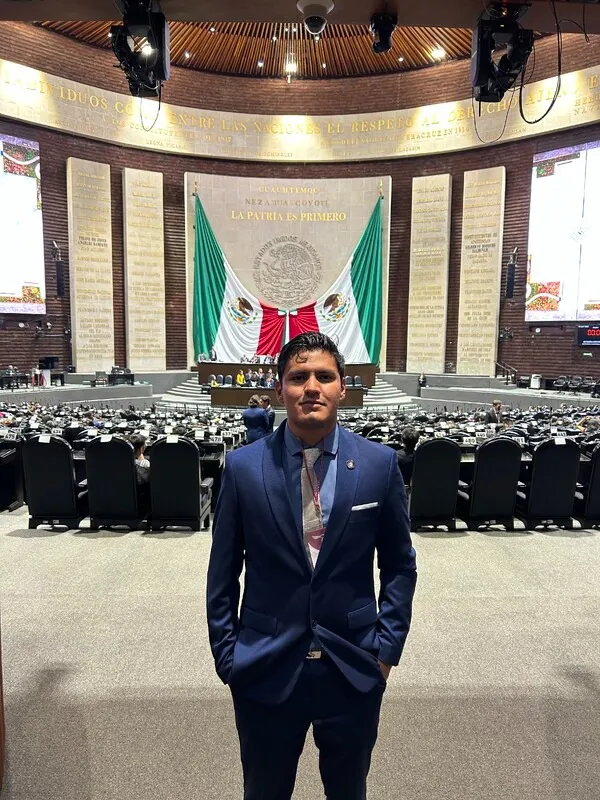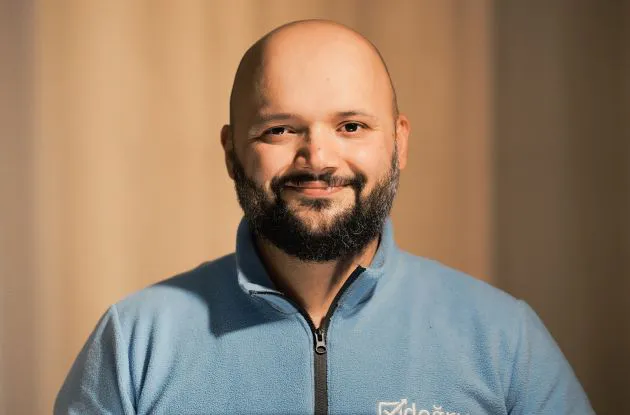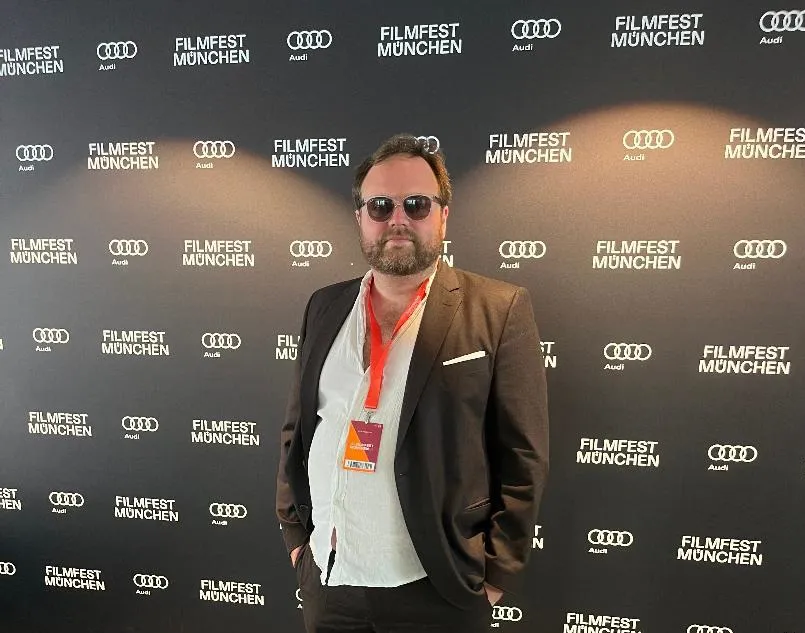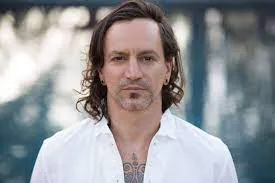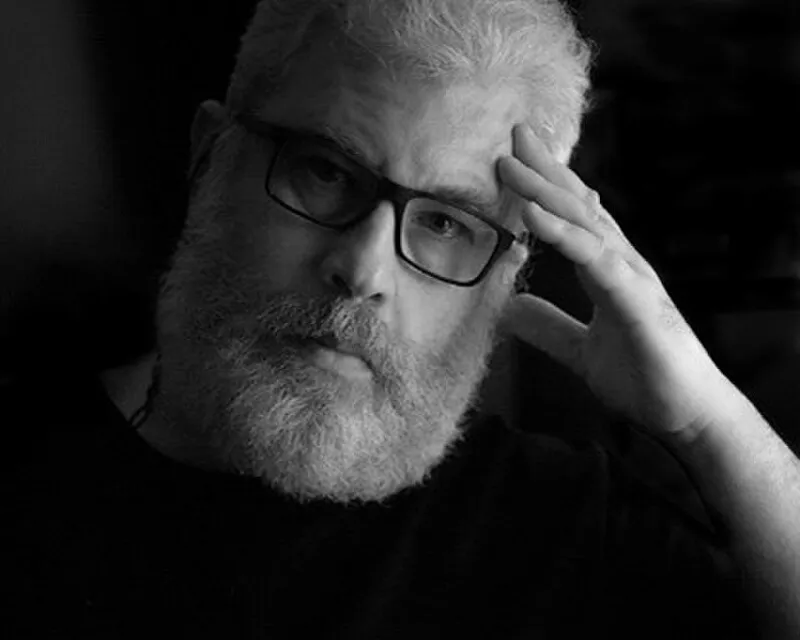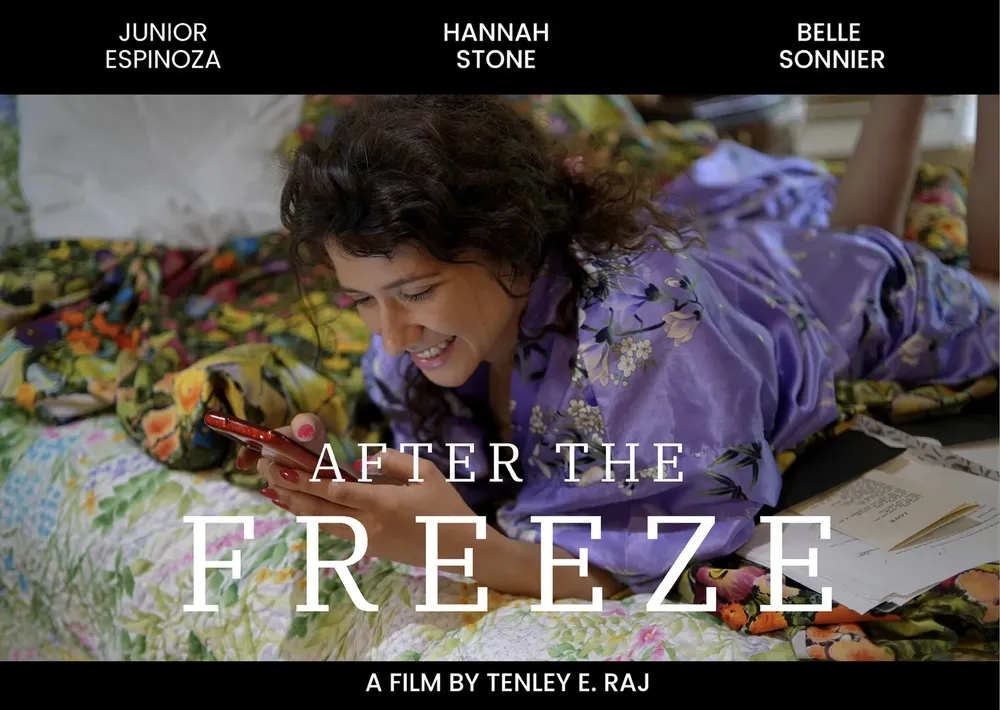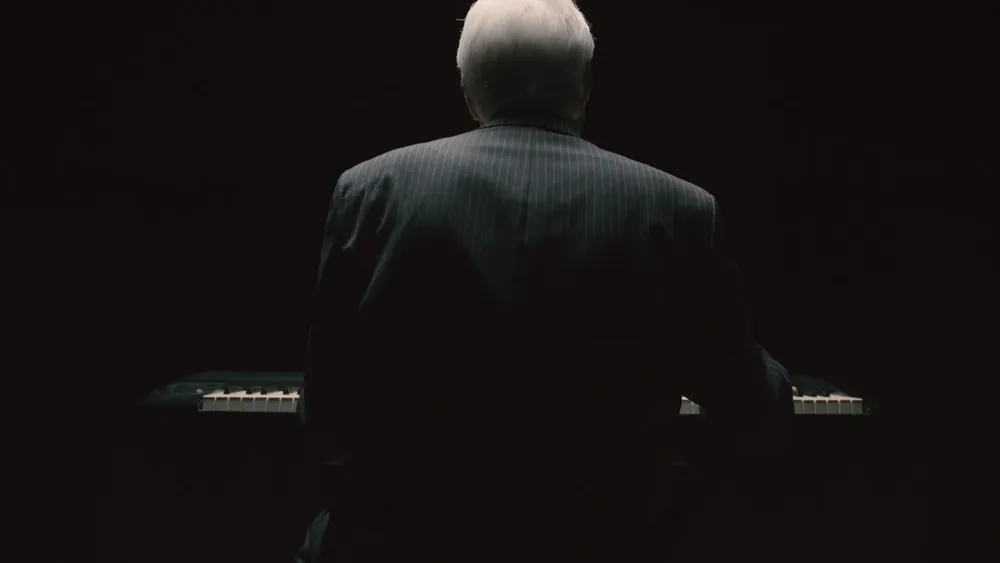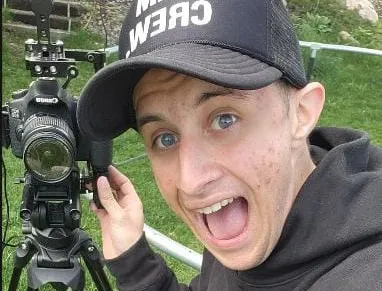
Luxury and rot at Villa Caprice
By Javier López Iglesias Real as life itself. The Villa Caprice case, the stark drama by writer and director Bernard Stora, is so both because of the putrid reality it reflects, and because it is based on events that took place and was inspired by the suicide in 2013 of the renowned French lawyer Olivier Metzner. Thriller rhythm for this story starring, in a brilliant heads-up, by Niels Arestrup and Patrick Bruel.
INTERVIEWS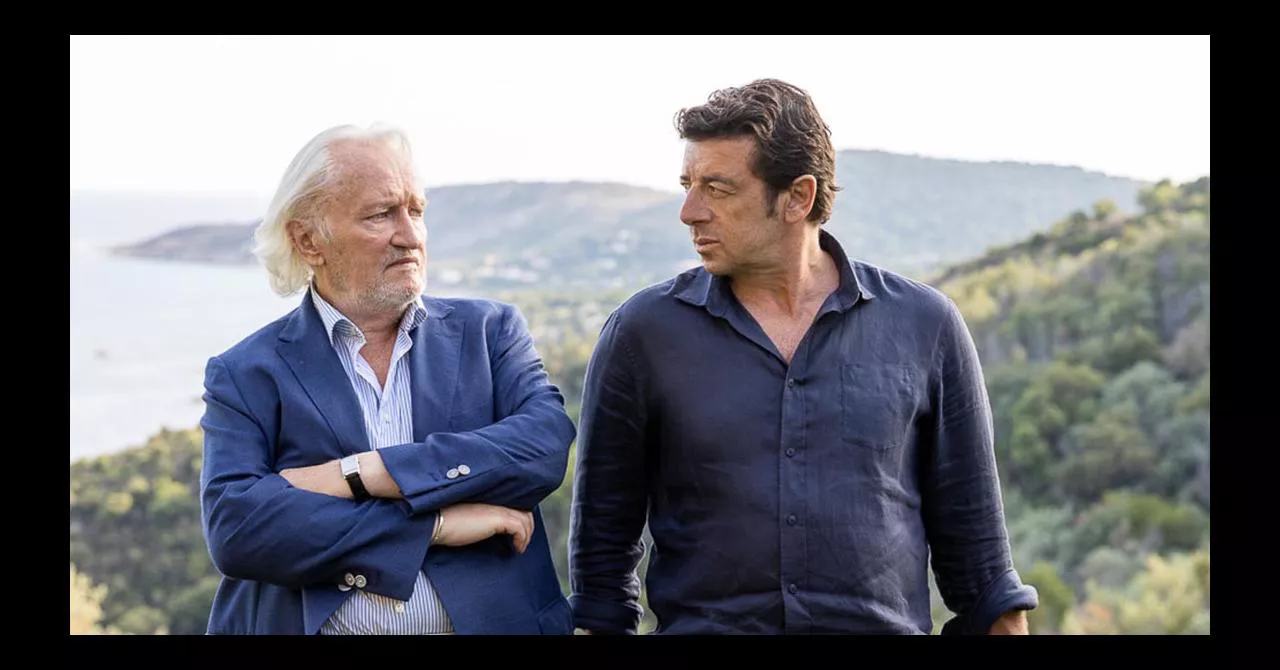
Major questions about the role of legal professionals gravitate over the feature film. A very worked script leads to these questions that at all times flees, and succeeds, from the stereotypes in use. There are no caricatures of the characters, but people with their lights and shadows and with their different thresholds of decency or indecency.
Stora himself, Sonia Moyersoen and the judicial chronicler of the newspaper Le Monde Pascale Robert-Diard sign what is told on the screen . From this conjunction emerges a very plausible text that invites one to wonder if a lawyer can defend the interests and power of criminals, drug traffickers or murderers without belonging to that underworld at all. And, above all, if you can do it without embracing the perverse method of the corrupt.
The Villa Caprice case introduces us to the life of Luc Germon (Niels Arestrup), a famous lawyer with a high reputation whose existence is turned upside down when he accepts a new client, Gilles Fontaine (Patrick Bruel), one of the most powerful businessmen in France. who is accused of buying a property in more than dubious circumstances.
Besieged by justice, Fontaine will turn to Germon who little by little will discover more shadows than lights about his client, a man accustomed to succeeding to whom nothing, much less respect for the law, turns him back. The initial alliance between the lawyer and his client is cracking...
It was the journalist Pascale Robert-Diard who raised the subject of Villa Caprice with Stora based on the flashy suicide of lawyer Olivier Metzner. Knowing the facts, the director wondered what could push such a powerful man to end his life and began to forge the script for the film.
For the director, “power is obviously what interested me: who owns it, who has the right to make the final decision. Sometimes a person who thinks he's in control is just a pawn in a game whose rules he doesn't understand. But I was also interested in planning how the different powers -political, economic, judicial- collaborate. In an extremely cruel society, the slightest weakness can have a domino effect that leads to social death or even death itself.
The Villa Caprice caseruns solidly before the viewer's eyes thanks to a restrained and elegant rhythm –despite the rottenness of the background theme- that pours truth into the result. The one that, as noted, suggests questions, among which not the least is the one that questions what the price of silence is. In this case, that of a lawyer who ceases to be free when he becomes an accomplice of a corrupt person. A professional who, despite his high fees, resists as best he can to forget about ethics. Very interesting. It was the journalist Pascale Robert-Diard who raised the subject of Villa Caprice with Stora based on the flashy suicide of lawyer Olivier Metzner. Knowing the facts, the director wondered what could push such a powerful man to end his life and began to forge the script for the film.
